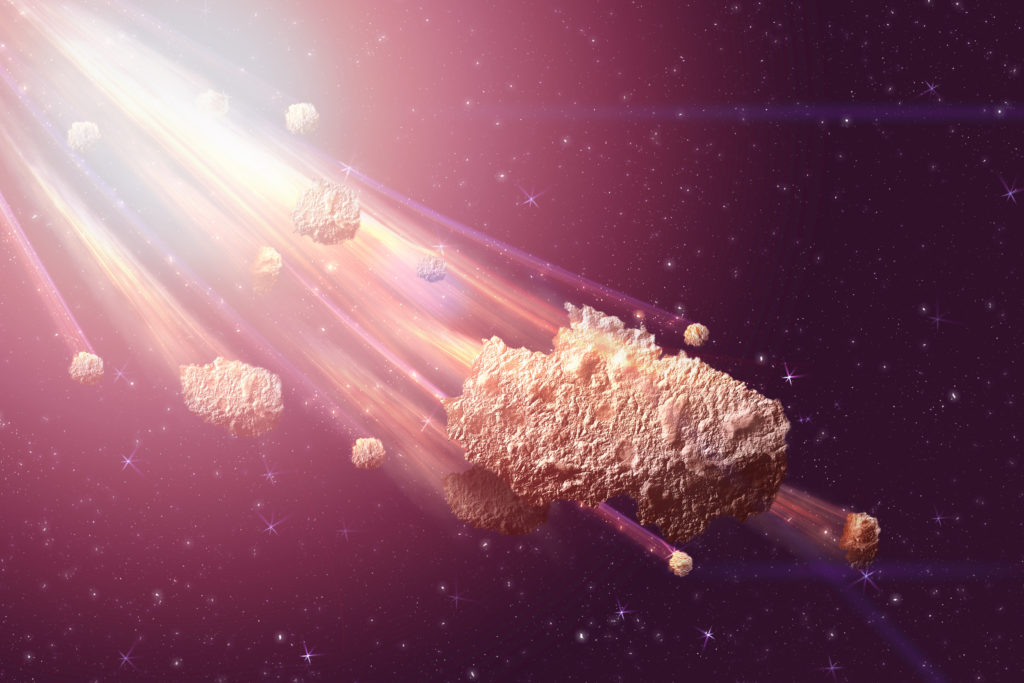International Asteroid Day!

On 30 June 1908, an asteroid slammed into Tunguska, Siberia.
The biggest natural object to strike Earth in modern memory, the Tunguska meteor obliterated 80 million trees across 2,000 square kilometers of Russian wilderness.
To commemorate the tragic and awe-inspiring event, the United Nations General Assembly voted to make June 30th “International Asteroid Day” in 2016.
International Asteroid Day was initially co-founded in 2014 by astrophysicist and guitarist Dr. Brian May, B612 Foundation President Danica Remy, Apollo 9 astronaut Rusty Schweickart, and filmmaker Grig Richters.
“Asteroid Day was created to encourage the public and government to learn more about asteroids, the origin of our Solar System, and to Support the resources necessary to find and deflect asteroids,” said International Asteroid Day co-founder Dr. Brian May.
Asteroids are small, unformed planets that orbit the sun. If an asteroid managed to strike Earth’s surface, its damage could range from moderate to devastating, depending on its size.
For example, it’s widely thought that a colossal asteroid over 7 miles long, which struck earth 66 million years ago, led to the extinction of the dinosaurs. Luckily, the vast majority of asteroids that enter earth are too small to cause any damage. Plus, space is so vast that most asteroids never come near our tiny planet. But a few do manage to make it. According to NASA, an asteroid about the size of a car enters our atmosphere once a year, but typically burns up before it reaches the ground.
Asteroids big enough to cause damage are a rare event. Once every 2,000 years, an asteroid the size of a football field makes it through the atmosphere. These larger asteroids typically only damage the area around where they land, but their impact can be severe for the people and animals who live there.
Asteroids like the one believed to have killed the dinosaurs, however, are extraordinarily rare. After all, it’s been 66 million years since Earth has experienced anything like it. Still, we need to protect our planet from asteroids.
While asteroids rarely adventure into Earth’s atmosphere, many come close. Most recently, on June 29 — just a day before International Asteroid Day — an asteroid dubbed “2020 JX1” whizzed past earth.
On July 1 — just two days later — another asteroid dubbed “2019 AC3” glided by.
But Earth is lucky — it’s home to many smart scientists and engineers who are working on ways to predict and deflect asteroids that may pose a serious threat. However, asteroid-discovery programs depend on continued investment and support from governments. If you want to learn more about how you can support these efforts, visit the International Asteroid Day website.
TryEngineering
What do planes, Fortnite, and your shower have in common? They were all developed with the help of engineers!
Virtually every convenience in our daily lives has been made possible through engineering. Engineers enhance and improve our world – and you can too.
Explore engineering through TryEngineering games and activities, or read about the different engineering fields. You can also read interviews with engineers, and find a university near you that offer programs that fit your interests.





















